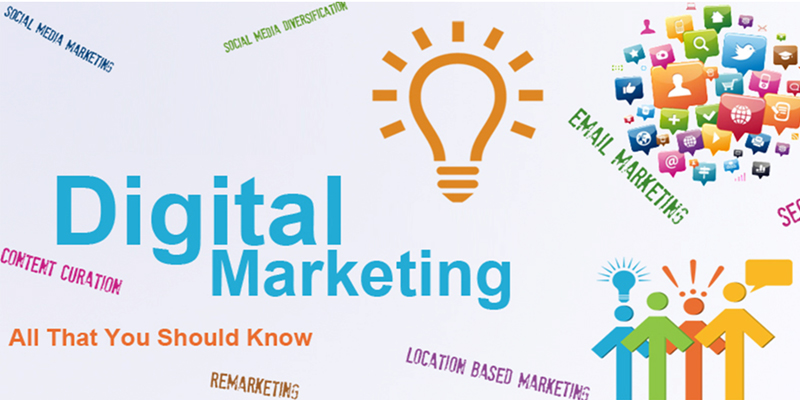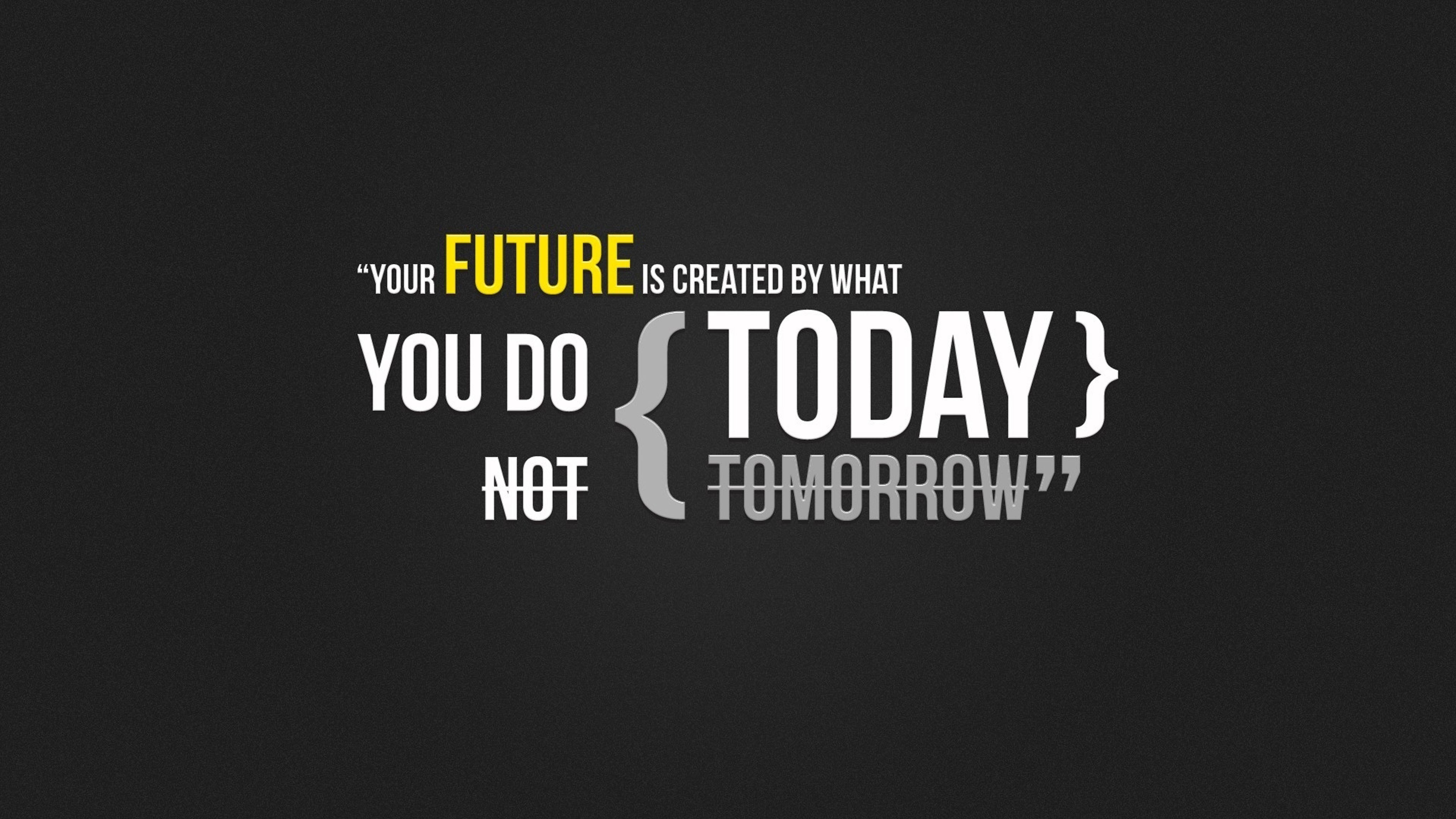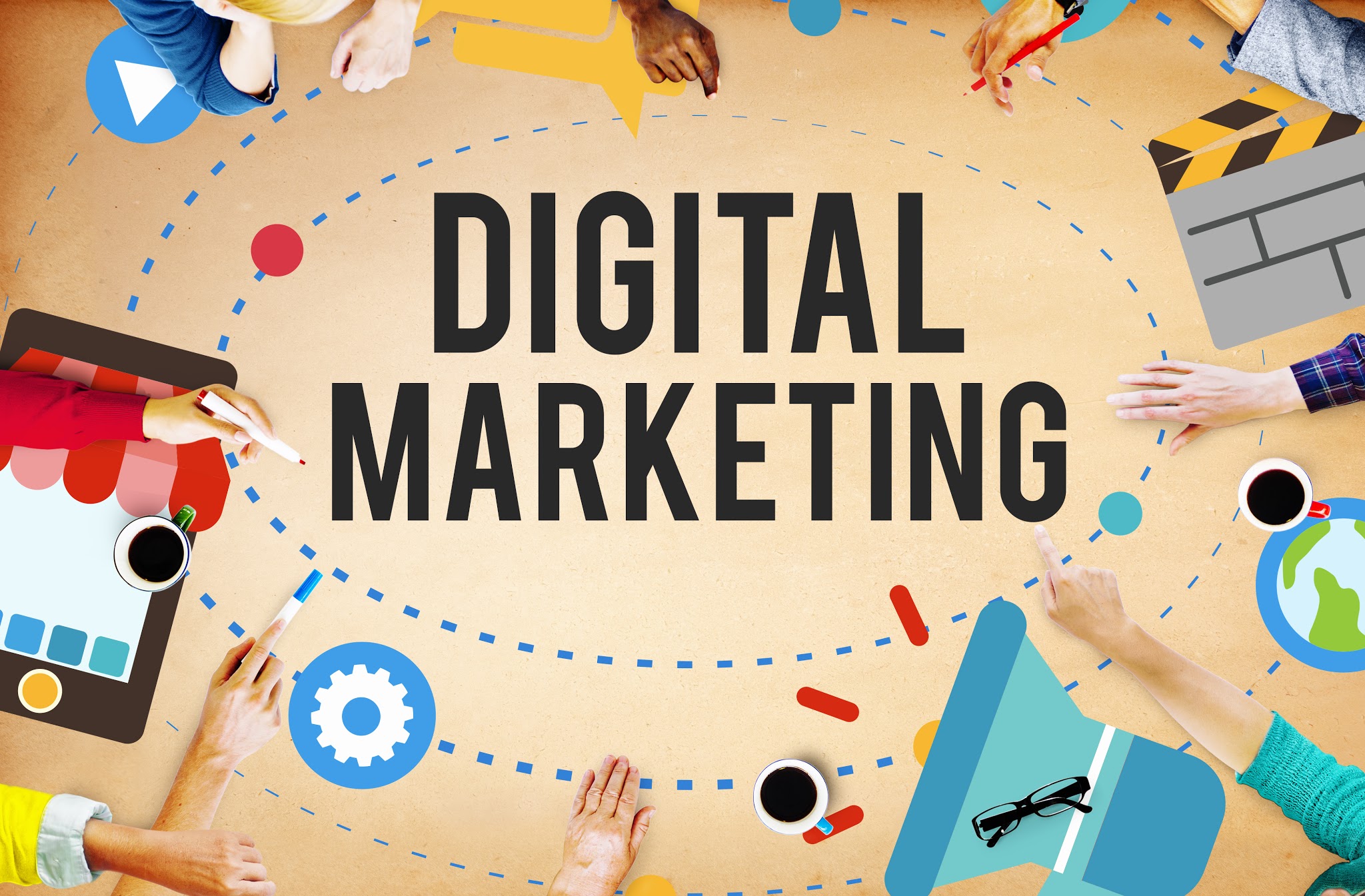
Many Internet users turned amateur internet marketers believe that they understand the fundamentals of Internet marketing, yet many make critical errors which can affect not only their page ranking in the search engines but also damage their online reputation and deter potential customers.
The problem for most Internet marketers is that they are not trained in marketing fundamentals, so for them the Internet is not an additional channel to be added to a holistic view of marketing communications, it becomes instead a world in itself. As buzzwords such as ‘SEO’ and ‘keywords’ flood the online vernacular, new marketers pick these up and attempt to implement Search Engine Optimization strategies without a clear understanding of either online marketing principles or marketing communications in a broader sense.
A good digital marketing course will provide a ‘how to’ in managing online and digital communications effectively, and should also get new online marketers thinking about ways to utilize digital technologies beyond simple keyword stuffing and links. To harness the power of new media, savvy marketers know that they need to connect with the customer and provide an experience in which the customer feels interactively connected to the brand in some way.
Poor online content will do little to attract new business and may actually damage relationships with existing customers. Managing communications online is only different than other media channels in that it offers a new level of immediacy and interactivity than existed in the past. Where telethons of the 1980s such as Live Aid attempted to create a buzz and sense of public involvement through telephone technology, this can be done faster today using the internet. Audiences can watch events in real time and engage in online ‘chat’ behaviors as events unfold.
A good digital marketing course should provide an overview of the place of online marketing within the broader marketing mix and should offer a rundown on consumer behaviors, current and future trends and social networking sites such as Twitter and Facebook. Social networking has reached a point where it can affect public policy and offer major corporates a reason to be concerned about the impact of citizen journalism.
A digital marketing course will not ordinarily provide the tools to develop websites or write code for online use; these are highly technical skills which are best left to those who are willing to devote significant time to learn in detail. What the course should provide, however, is an understanding of what consumers are looking for online, how to structure information for an online audience and what factors might be turning off readers.
People spend a lot of time on the Internet, connected to their mobile phones and iPods and just generally engaged in interactive pursuits through the power of digital technology. Web surfers are not passive and easily manipulated; they will resent marketers who lure them with false promises only to deliver mindless advertising messages with no connection to their query. Readers want easy to read copy, with relevant links where appropriate, and a bright and cheerful looking page.
Successful internet marketing is an acquired skill and a digital marketing course can deliver core knowledge and skills for a great head start.
Article Source: http://EzineArticles.com/2700852






